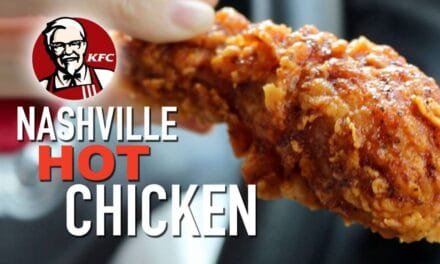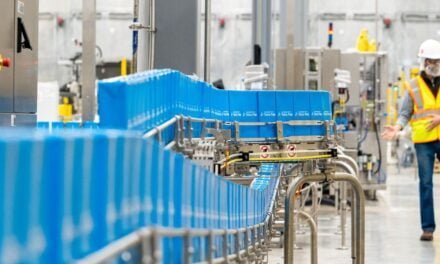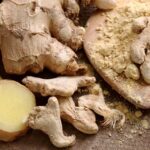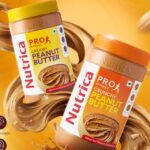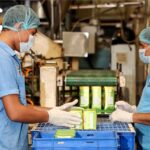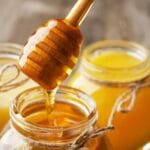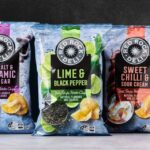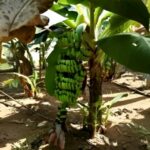In contrast to the leaked IARC opinion, a World Health Organisation (WHO) systematic review published in April 2022 concluded that there was “no significant association” between higher consumption of low- and no-calorie sweeteners.
Reuters recently published leaked reports that the World Health Organization’s (WHO) sub-agency for cancer research (IARC) intends to classify the common low-calorie sweetener aspartame as “possibly carcinogenic,” the same classification IARC applies to using aloe vera and eating pickled vegetables.
In response to the reported leaks, International Council of Beverage Associations (ICBA) Executive Director Kate Loatman stated:
“While it appears IARC is now prepared to concede that aspartame presents no more of a hazard to consumers than using aloe vera, public health authorities should be deeply concerned that this leaked opinion contradicts decades of high-quality scientific evidence and could needlessly mislead consumers into consuming more sugar rather than choosing safe no- and low-sugar options – all based on low-quality studies.
Even the IARC admits that it is not the competent authority to assess risk based on actual use and that it ‘does not issue health recommendations. “We remain confident in the safety of aspartame given the overwhelming weight of scientific evidence and positive safety determinations by food safety authorities in more than 90 countries around the world. We, therefore, welcome the broader, more comprehensive food safety review underway by the WHO and the UN Food and Agriculture Organization (FAO) Joint Expert Committee on Food Additives (JECFA).”
In contrast to the leaked IARC opinion, a World Health Organisation (WHO) systematic review published in April 2022 concluded that there was “no significant association” between higher consumption of low- and no-calorie sweeteners (measured through beverage consumption) and cancer mortality or any type of cancer.
IARC had committed to undertake its review in “close collaboration” with the more thorough WHO/FAO joint review and to announce the results of both studies on July 14 at the same time.
About the International Council of Beverages Associations:
ICBA is an international nongovernmental organization established in 1995 that represents the interests of the worldwide non-alcoholic beverage industry. The members of ICBA include national and regional beverage associations, as well as international beverage companies that operate in more than 200 countries and territories and produce, distribute, and sell a variety of non-alcoholic sparkling and still beverages, including soft drinks, sports drinks, energy drinks, bottled waters, flavored and/or enhanced waters, ready-to-drink teas and coffees, 100% fruit or vegetable juices, nectars and juice drinks, and dairy-based beverages. For more information, visit: https://www.icba-net.org/.
Source: International Council of Beverages Associations



